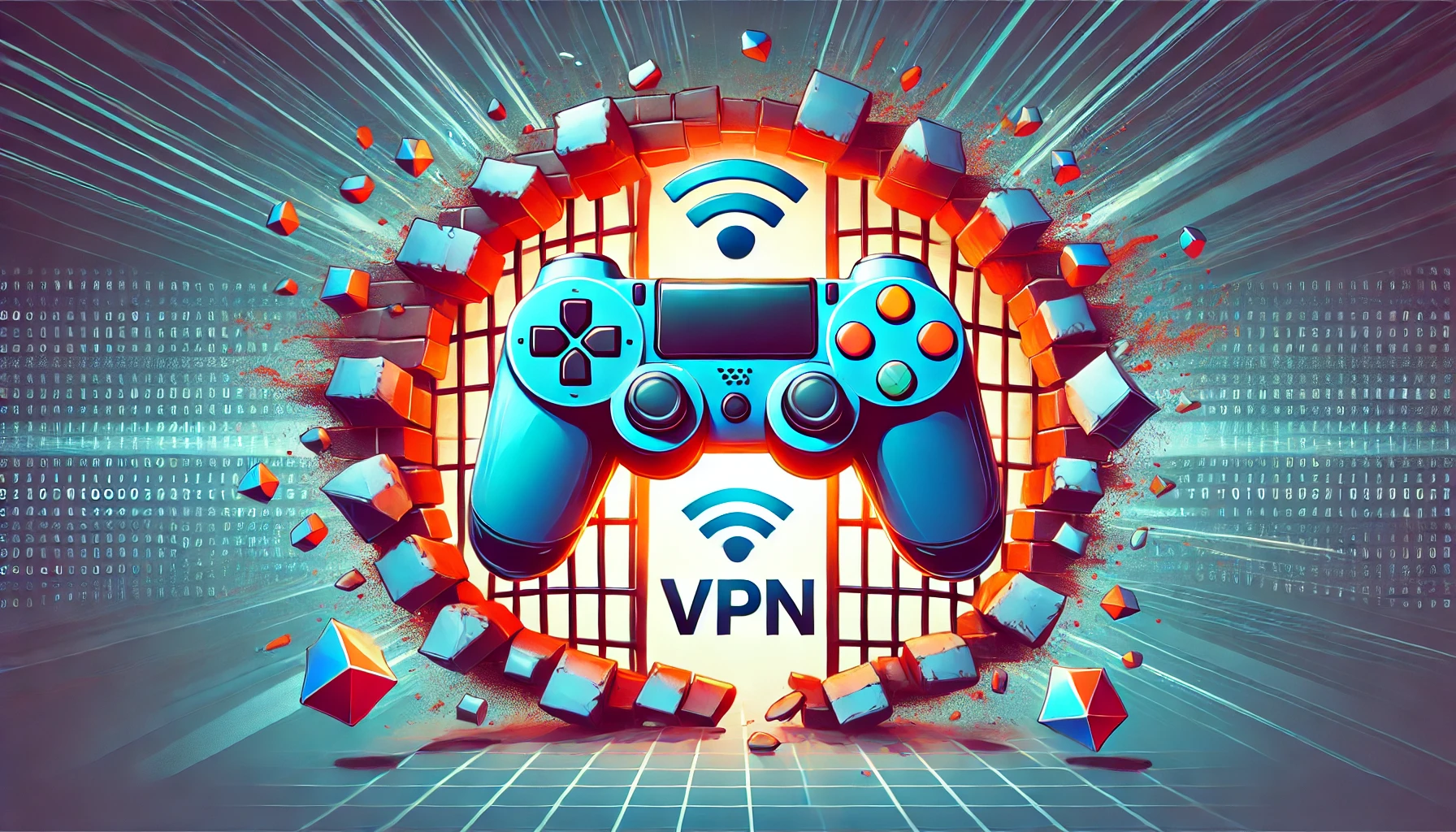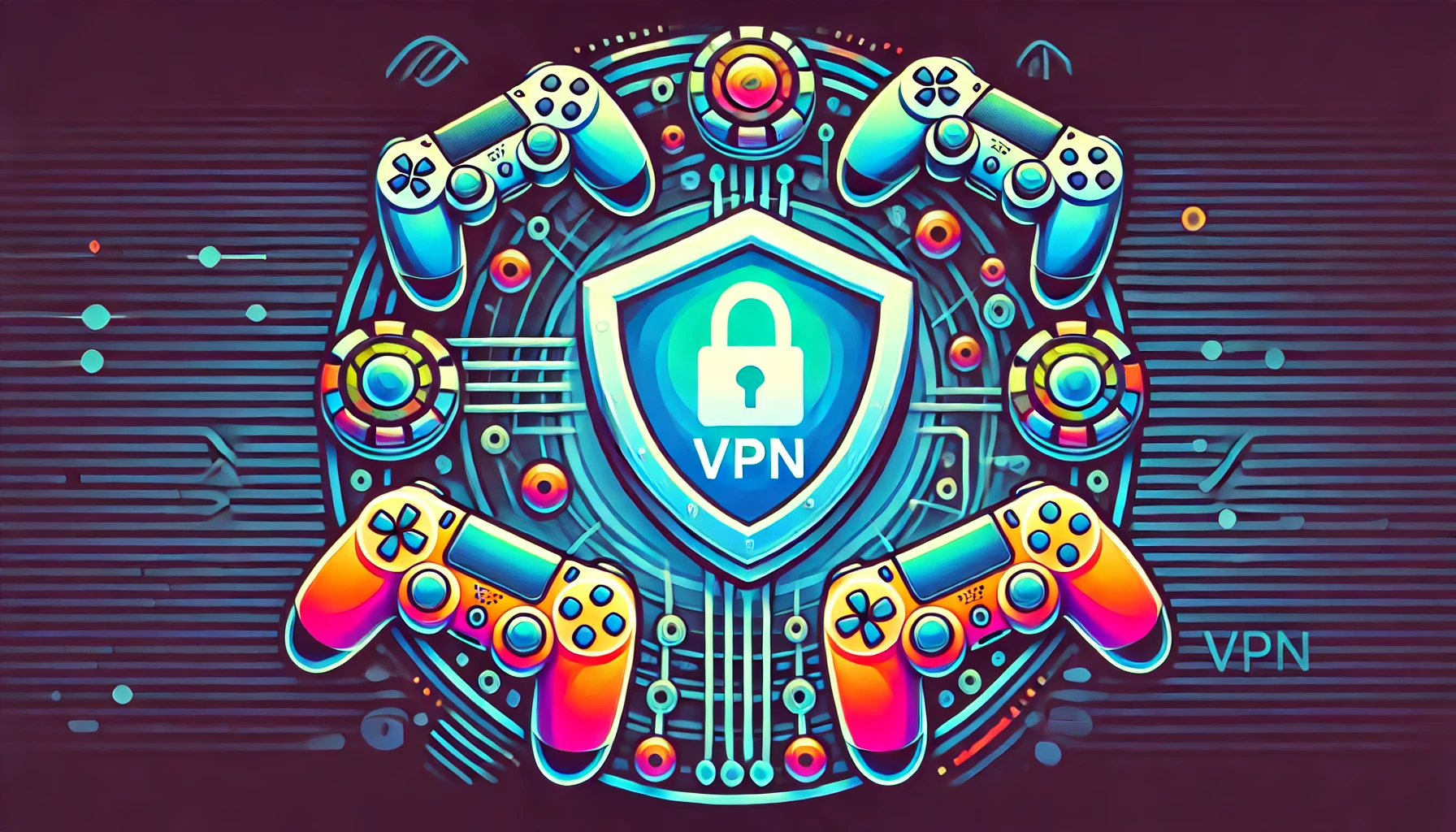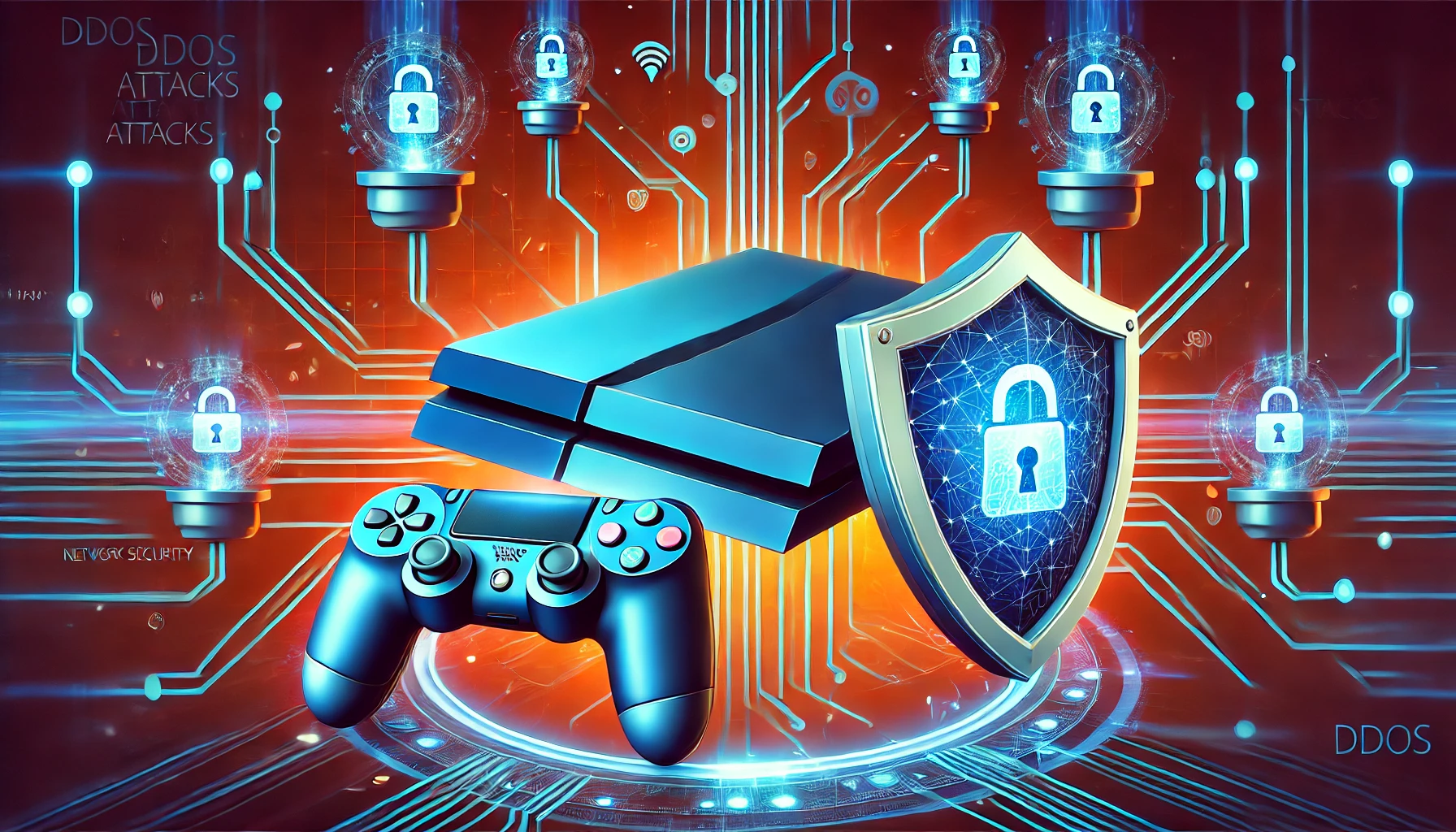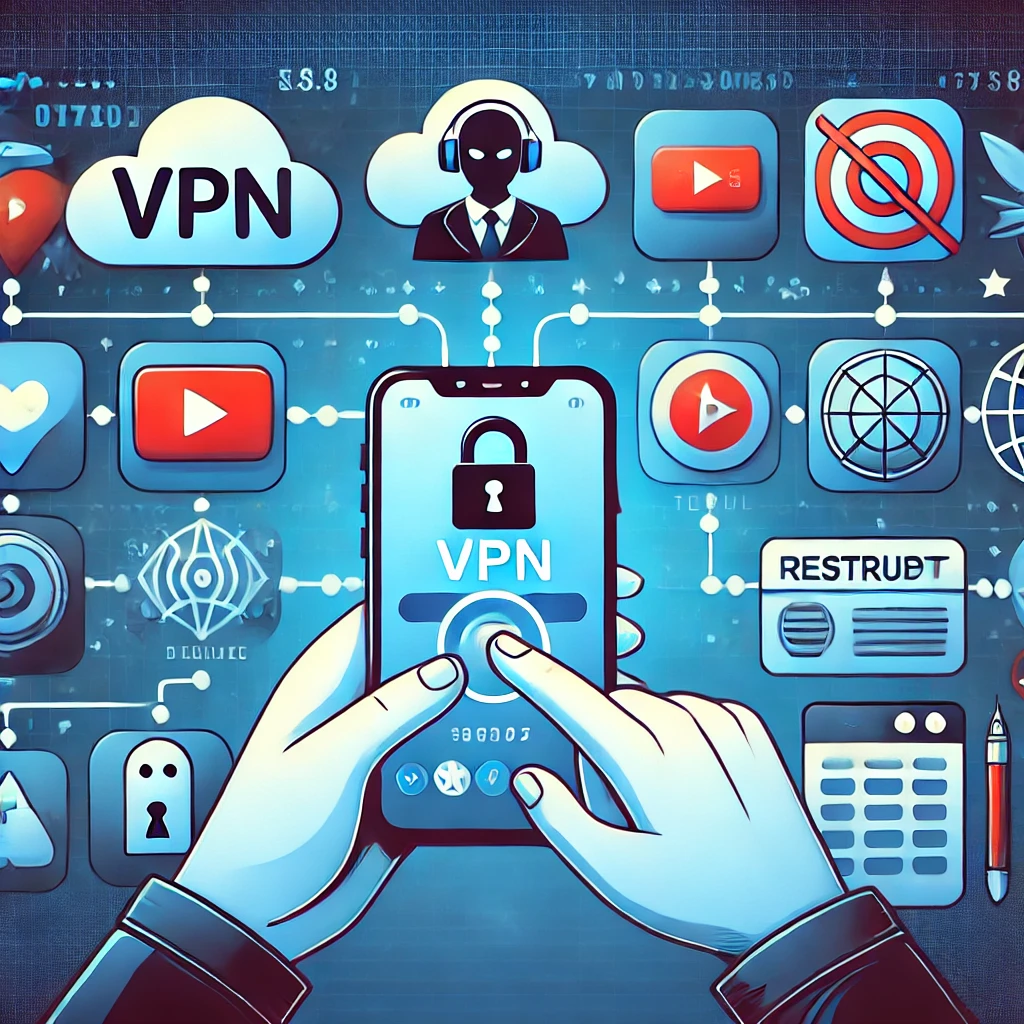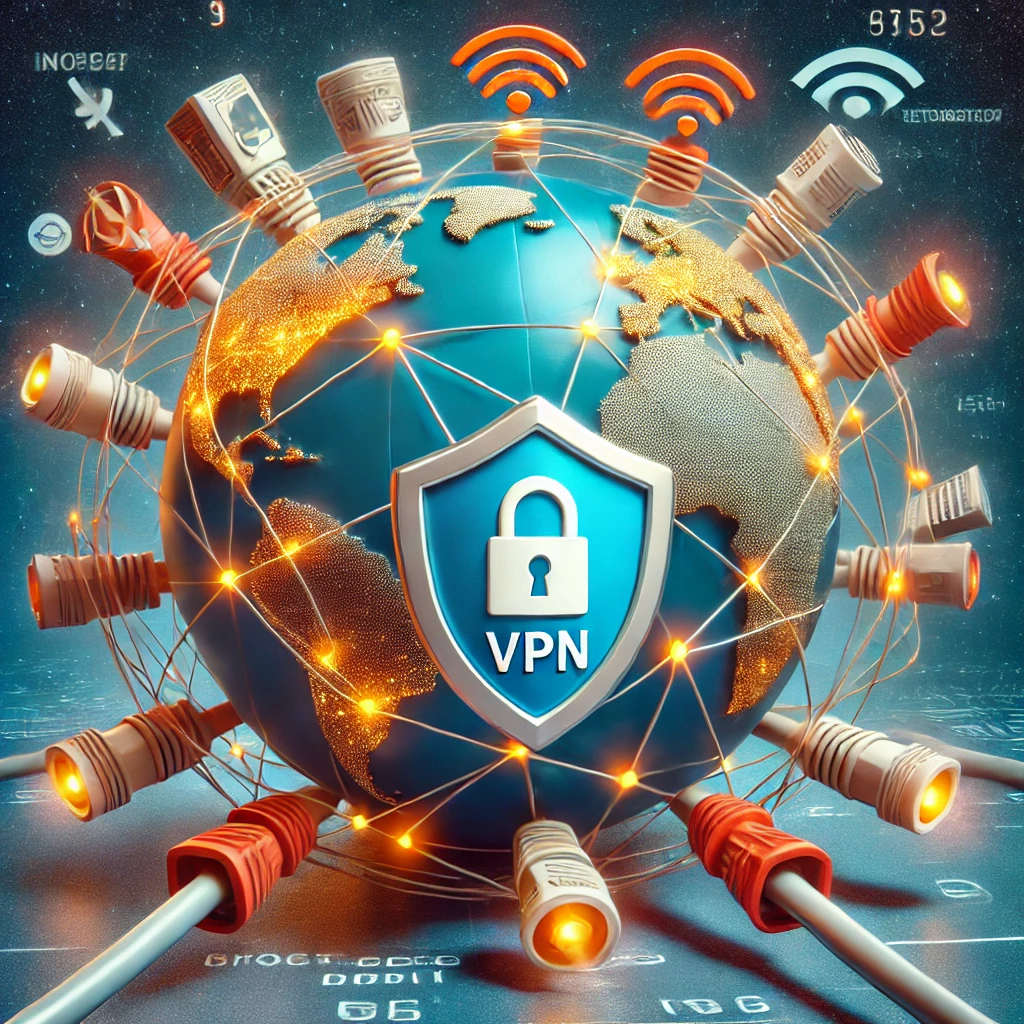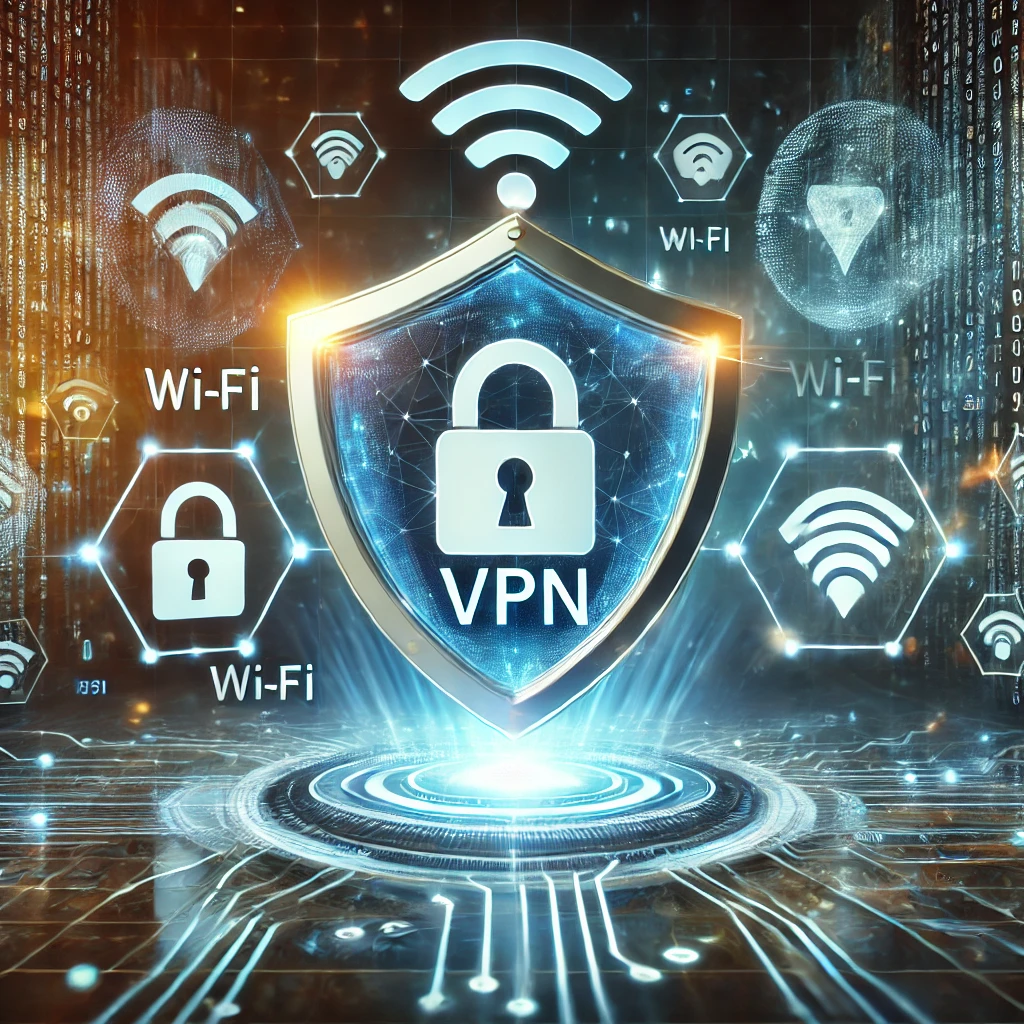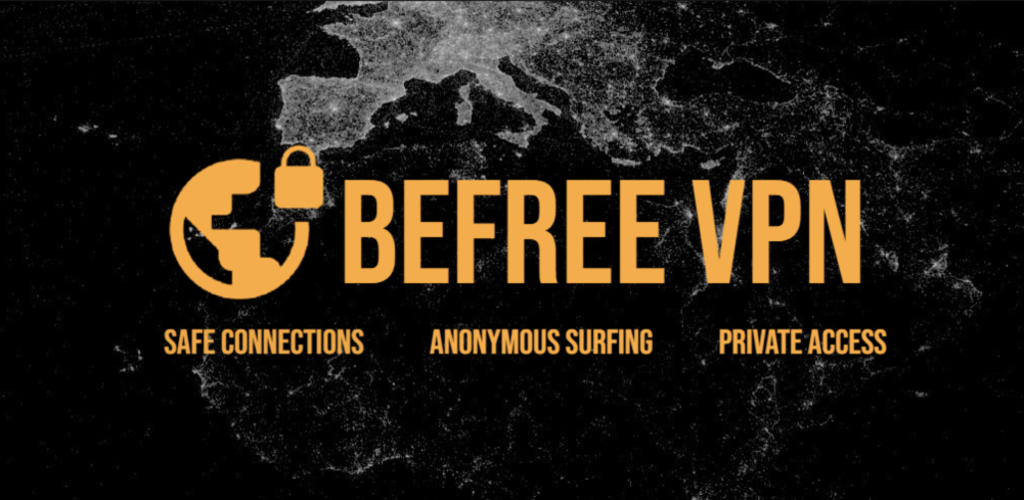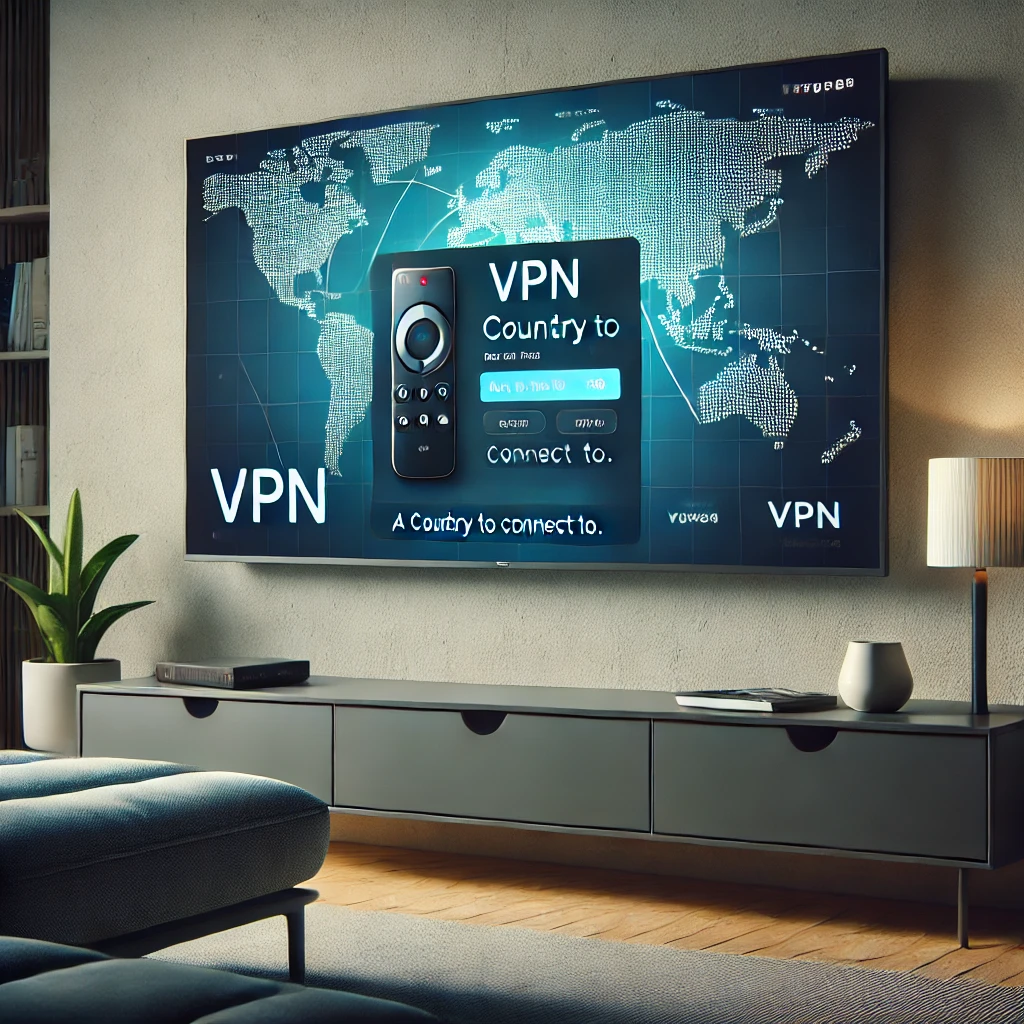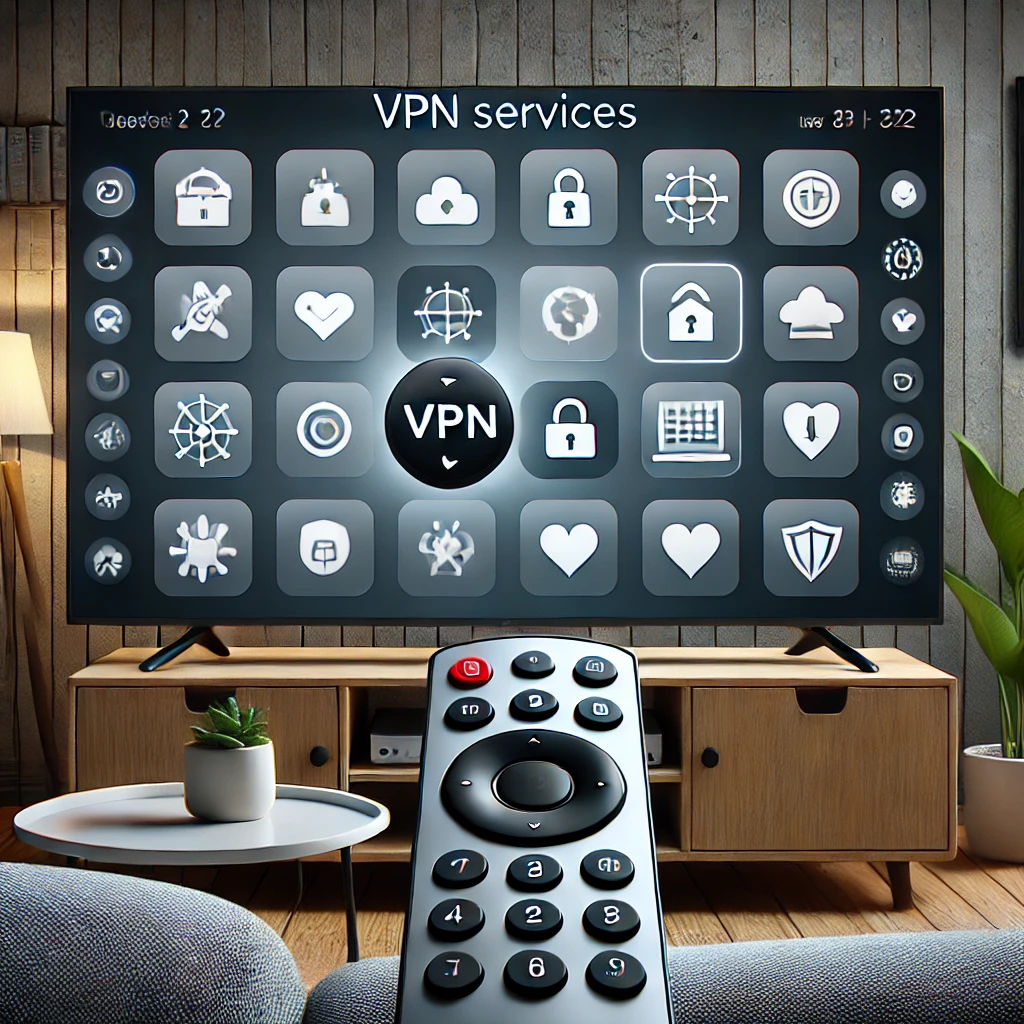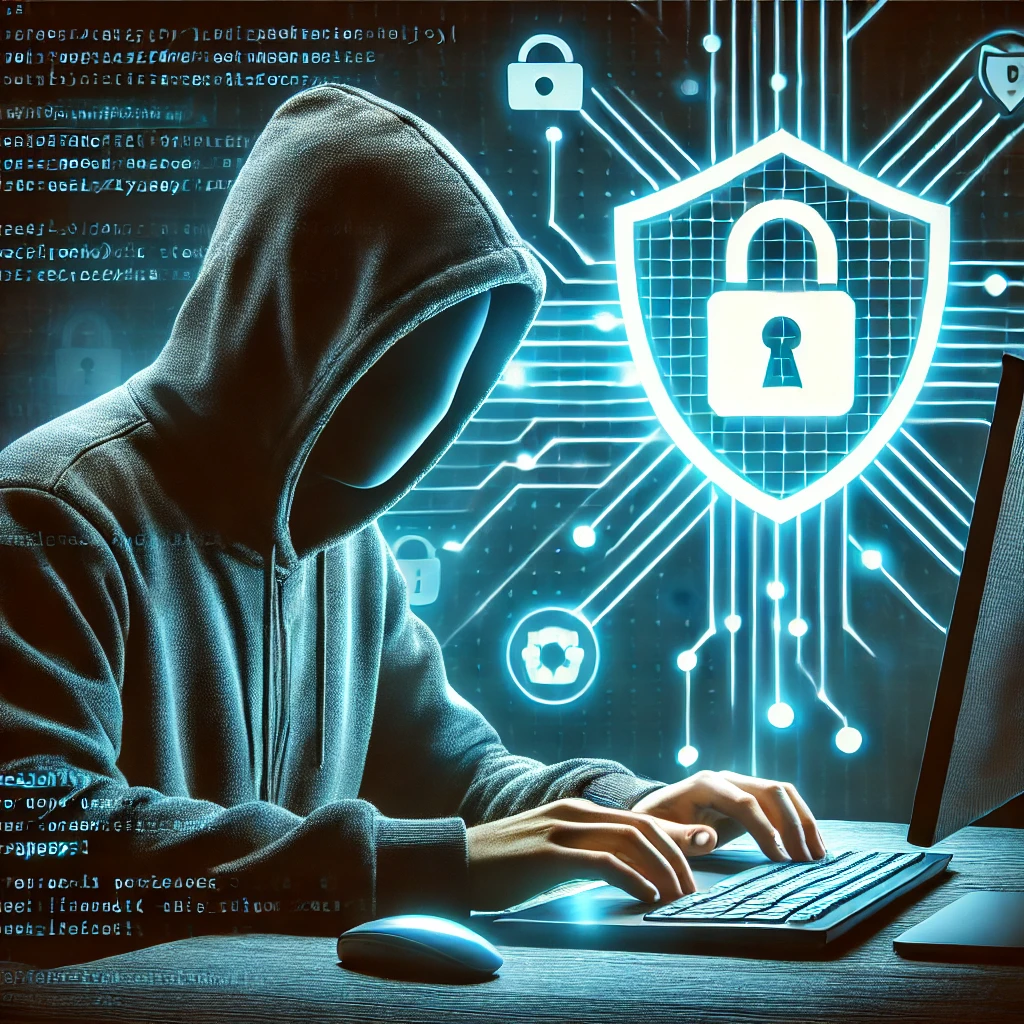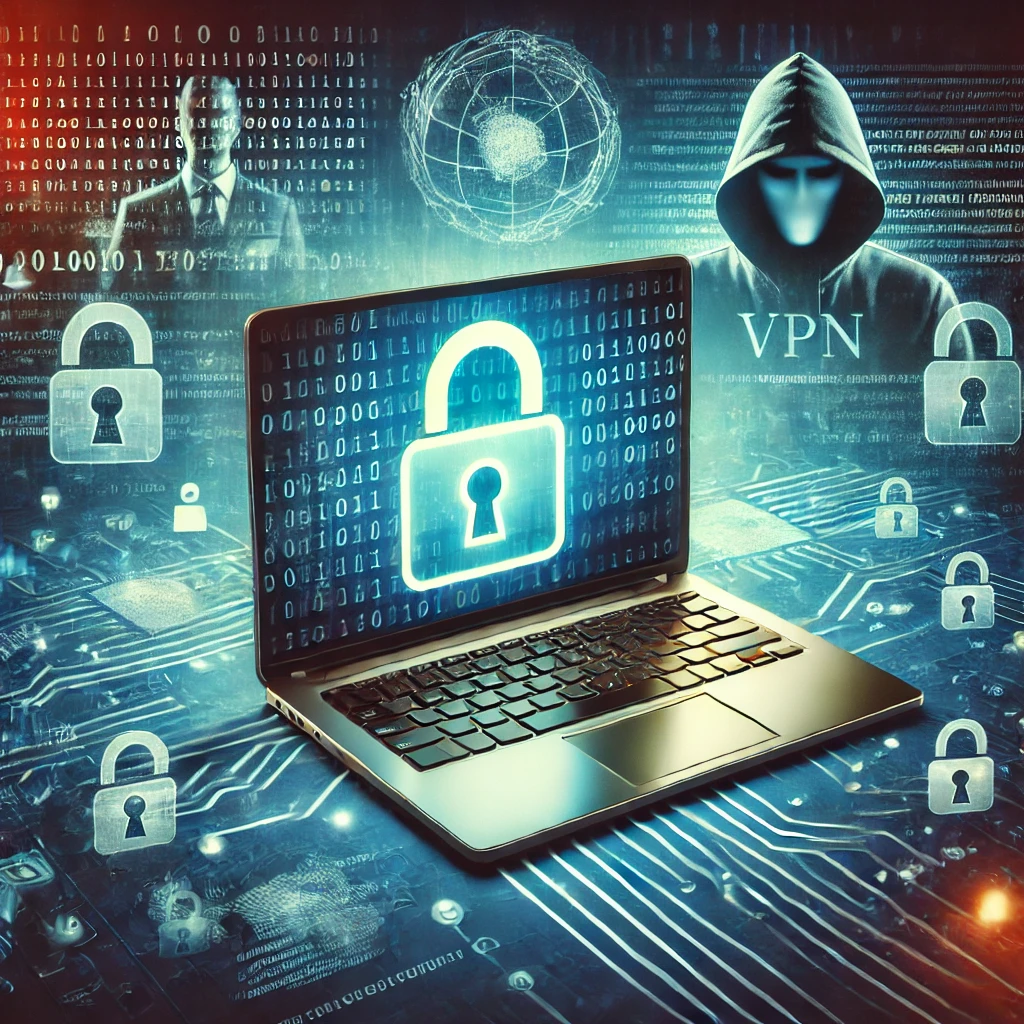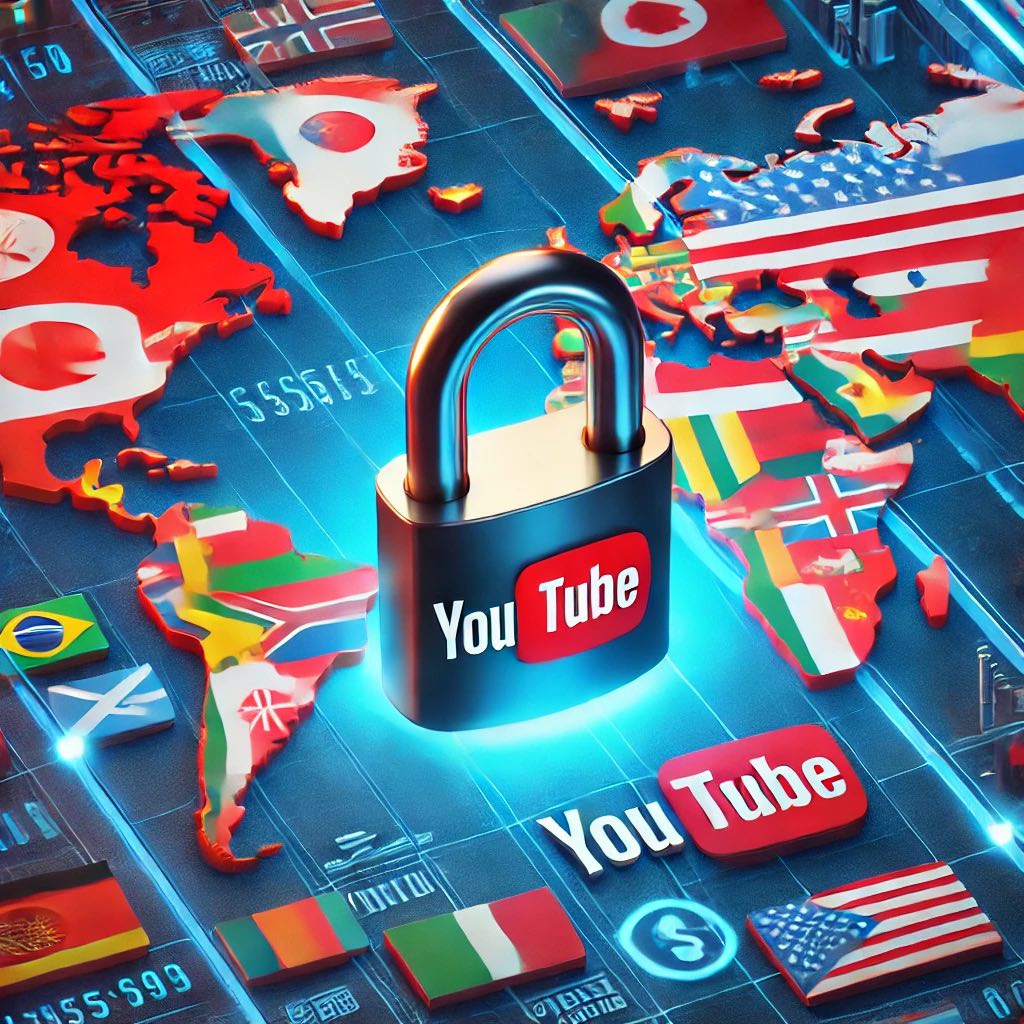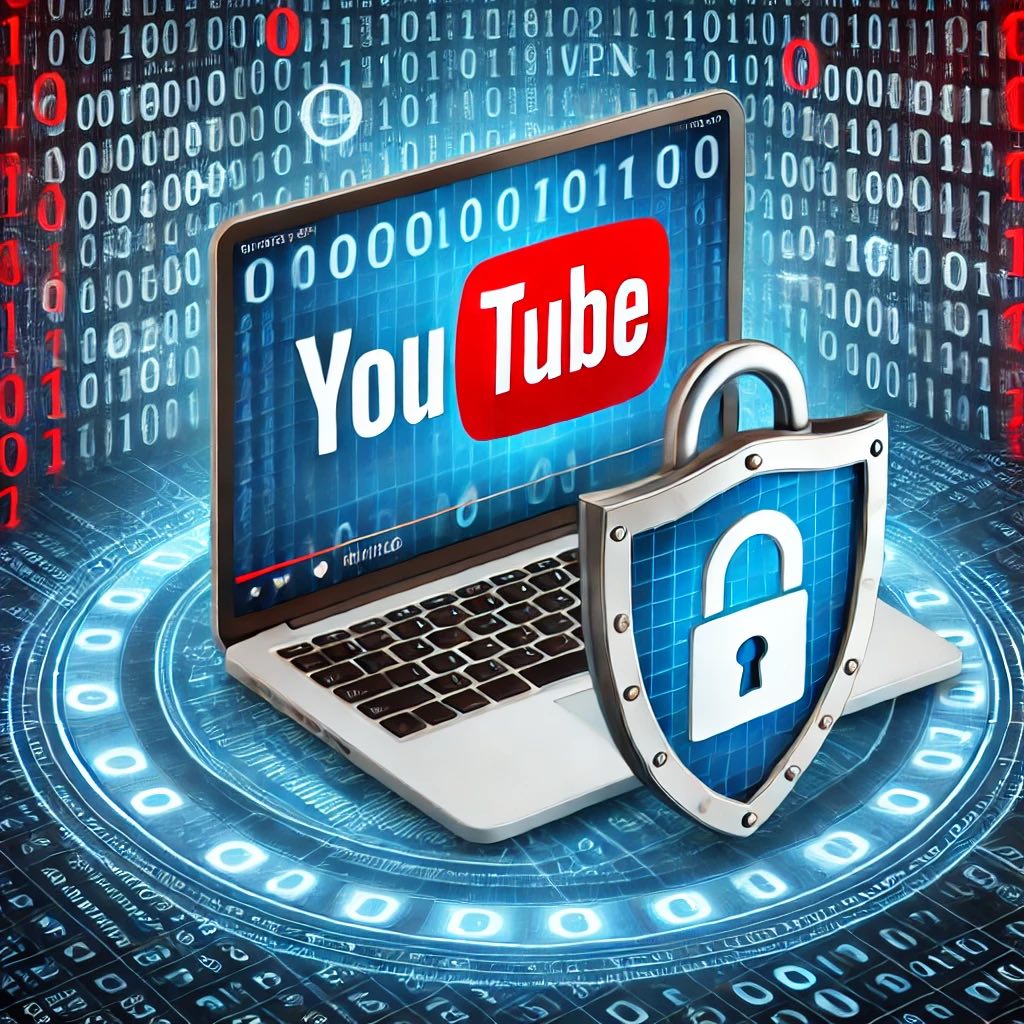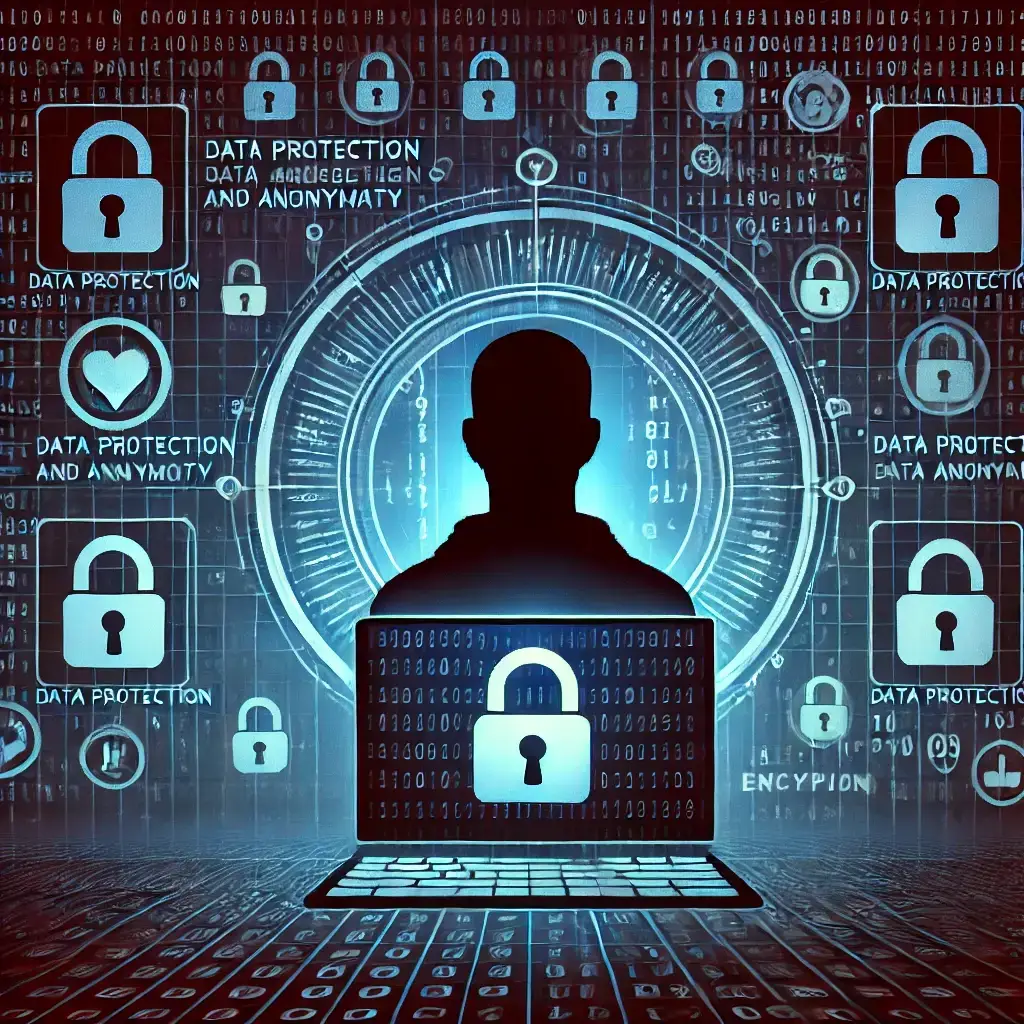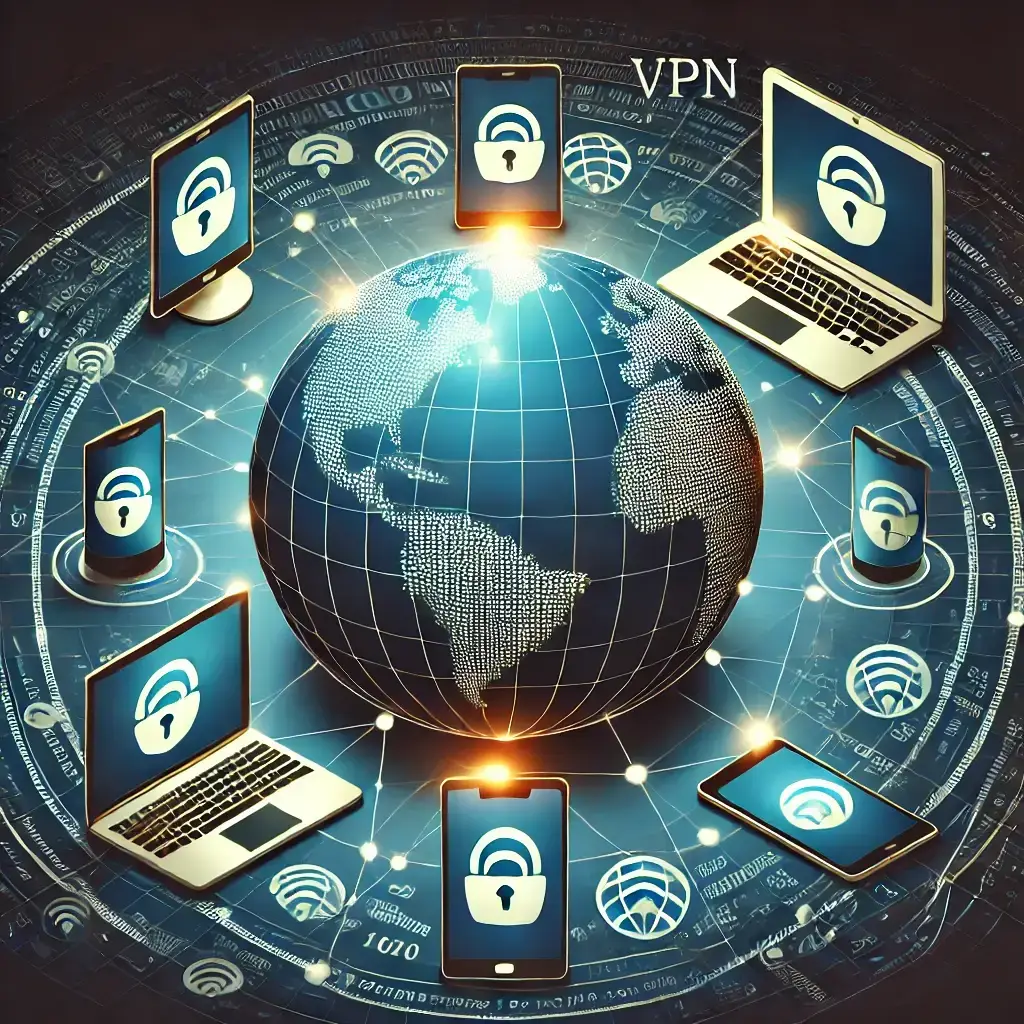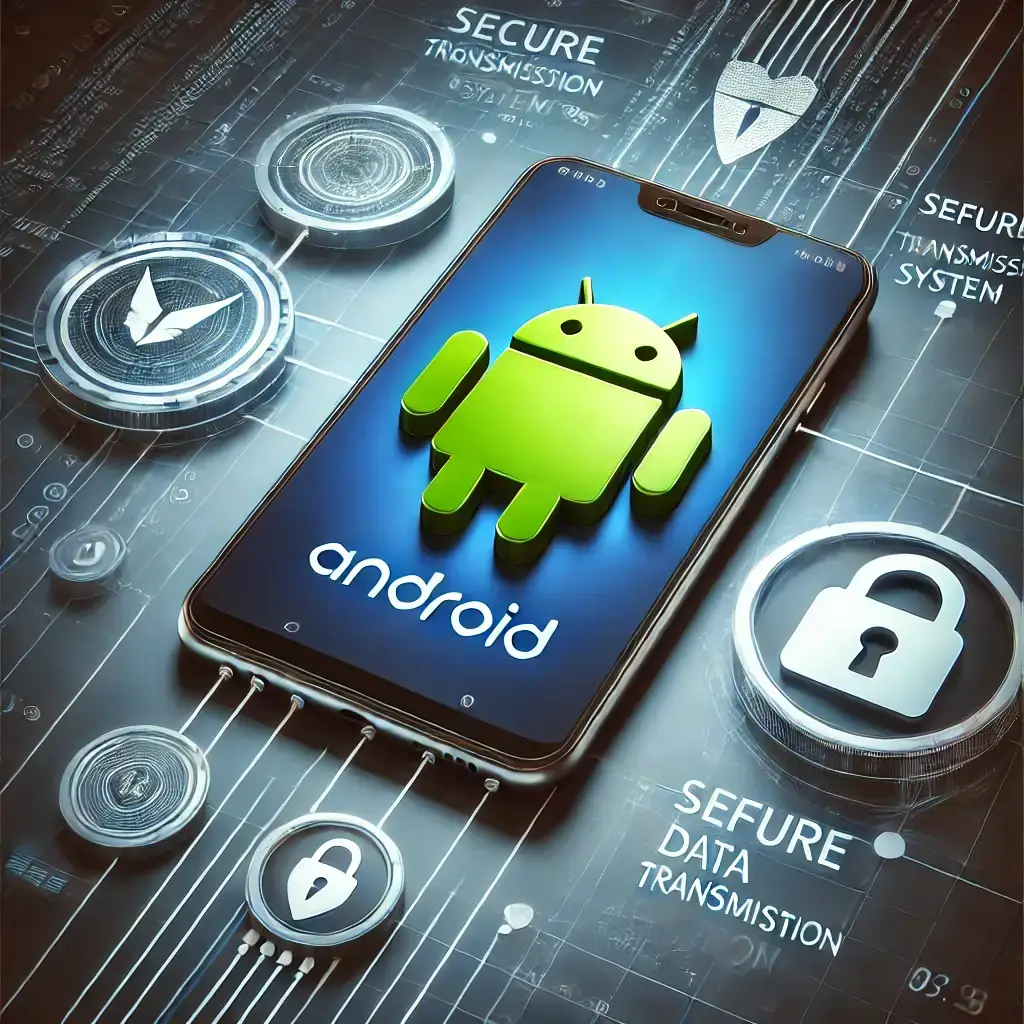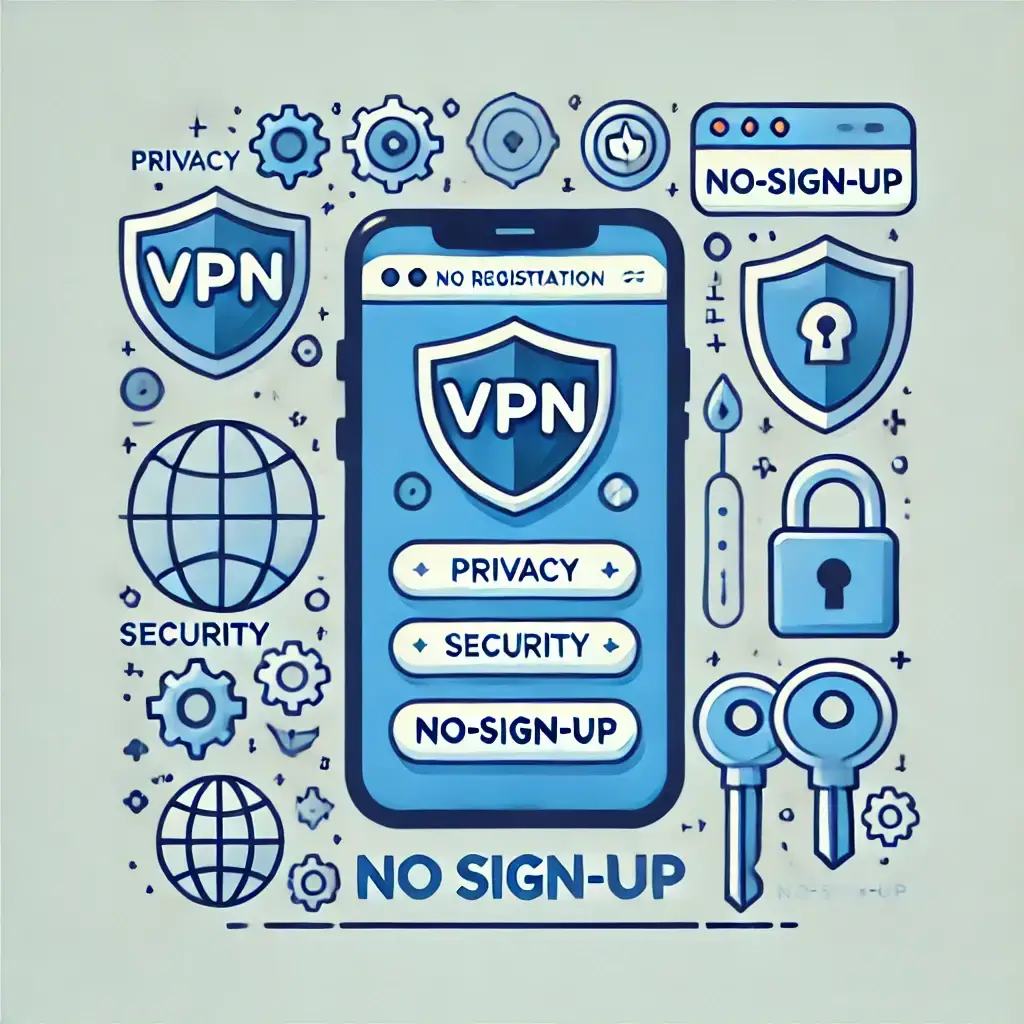Hide IP with VPN - A Complete Guide to Protecting Your Privacy Online
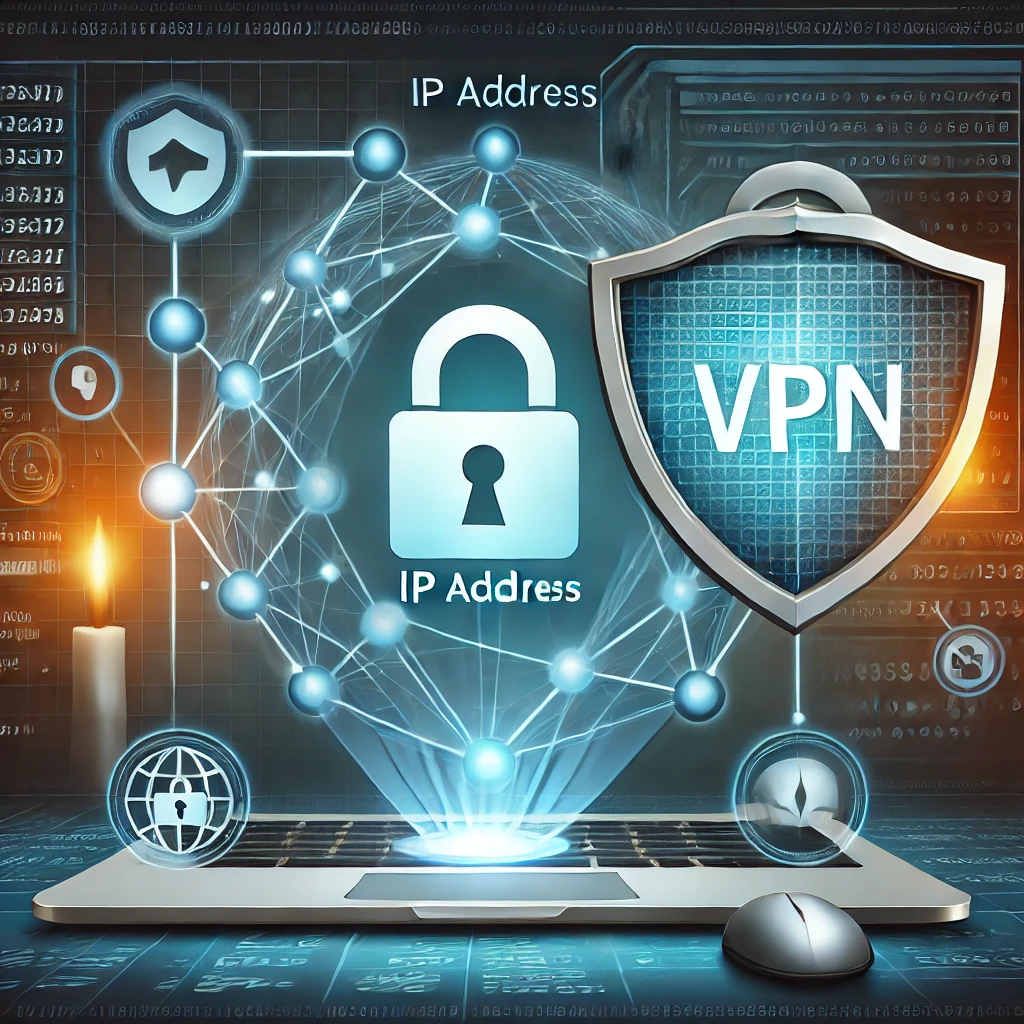
In the modern digital world, the issue of protecting personal information and privacy online is becoming increasingly relevant. Every time you go online, your IP address becomes accessible to websites, services, and potential attackers. Hiding your IP with VPN is one of the most effective ways to ensure your security and privacy online. In this detailed guide, we will explain what an IP address is, why it should be hidden, how VPN works, and how to choose and use this tool for maximum protection.
What is an IP address and why is it important to hide it?
IP address (Internet Protocol Address) is a unique numeric identifier for your device on the network. It is used to transfer data between devices and allows websites and services to identify your location and device. Your IP address can reveal:
- Geographic location: The country, city, and even the neighborhood where you are located.
- Internet provider: The company that provides you with internet access.
- Online activity: The websites you visit and the actions you take online.
Why hide your IP address?
- Privacy protection: Prevents advertisers, internet providers, and government agencies from tracking your online activity.
- Bypass geo-restrictions: Allows access to content that is unavailable in your region due to geographic restrictions.
- Increased security: Reduces the risk of cyberattacks, hacking, and phishing attacks.
- Avoid censorship: Allows you to bypass censorship restrictions in countries with strict internet control.
How does VPN help hide your IP address?
VPN (Virtual Private Network) is a technology that creates a secure connection (tunnel) between your device and the VPN server. When connected to a VPN, the following happens:
- Data encryption: All transmitted information is encrypted, making it inaccessible to third parties.
- IP address replacement: Your real IP address is replaced with the IP address of the VPN server located in the country of your choice.
Thus, websites and services see the IP address of the VPN server instead of your real one, providing anonymity and security online.
Benefits of using VPN to hide IP
1. Anonymity and Privacy
- Location masking: Your real location remains unknown, preventing targeted ads and tracking.
- Protection from surveillance: Internet providers and government agencies cannot monitor your online activity.
2. Access to blocked content
- Bypass geographic restrictions: Access to streaming services, social networks, and news websites blocked in your region.
- Freedom of information: The ability to get reliable information without censorship.
3. Security on public Wi-Fi networks
- Data encryption: Protects your information when using public networks, preventing data interception.
- Prevention of cyberattacks: Reduces the risk of "man-in-the-middle" (MITM) attacks.
4. Savings and discounts
- Dynamic pricing: The ability to get better prices on flights, hotels, and services by changing your virtual location.
How to choose a reliable VPN service?
When choosing a VPN service, it is important to consider the following criteria:
-
No-logs policy
Ensure that the provider does not store logs of your activity. This guarantees that your information will not be passed on to third parties. -
Connection speed and stability
High speed is important for streaming, online gaming, and downloading large files.
A stable connection ensures uninterrupted work without disconnections. -
Wide network of servers
A large number of servers in different countries offers more options for bypassing geo-restrictions.
The ability to choose a server closer to your location for increased speed. -
Device compatibility
Support for various platforms: Windows, macOS, iOS, Android, Linux, and even routers.
Simultaneous connection of multiple devices under one account. -
Additional features
- Kill Switch: Automatically disconnects from the internet if the VPN connection drops, preventing data leaks.
- DNS and IPv6 leak protection: Additional security measures to protect your information.
- Split tunneling: The ability to choose which apps use VPN and which don’t.
-
Customer support
- 24/7 support via chat or email.
- Knowledge base, instructions, and FAQs.
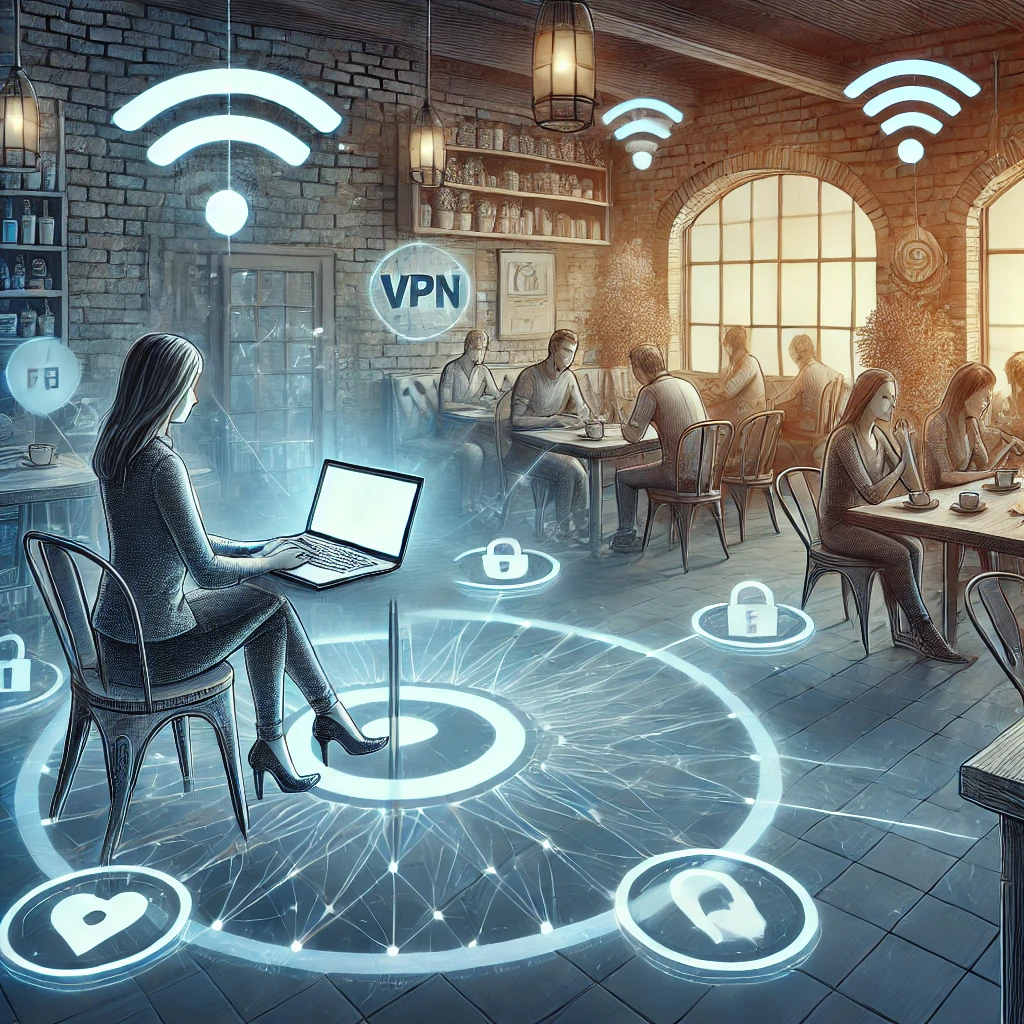
Steps to install and set up VPN to hide IP
-
Choose a VPN service
Research various VPN services, compare their features, prices, and user reviews.
Popular VPN services: NordVPN, ExpressVPN, CyberGhost, BeFreeVPN. -
Register an account
Go to the official website of the selected service and choose the appropriate pricing plan.
Register an account by providing the necessary information. -
Download and install the application
Download the application for your operating system from the official website.
Install the application by following the instructions of the installer. -
Set up and connect
Launch the application and log in to your account.
Choose a server (country) to connect to.
Click the connection button and wait for the secure connection to be established. -
Check your IP address
After connecting, visit a site to check your IP address (for example, whatismyip.com).
Make sure that the IP address of the VPN server is displayed, not your real one.
Tips for safe VPN usage
- Always use the latest version of the application: Updates contain security fixes and new features.
- Activate security features: Enable Kill Switch and DNS/IPv6 leak protection in the settings.
- Avoid free VPNs: They are often limited in functionality, speed, and may collect your data.
- Be cautious with public Wi-Fi: Even with VPN, avoid entering confidential information on untrusted networks.
Common VPN myths
1. VPN is only for those who hide illegal activities
Reality: VPN is used to protect privacy by law-abiding citizens, businesspeople, and anyone who values their online security.
2. VPN significantly slows down internet speed
Reality: Modern VPN services offer high-speed servers, and the reduction in speed is often unnoticeable.
3. VPN guarantees full anonymity
Reality: While VPN greatly increases the level of anonymity, complete anonymity is impossible without additional measures (anonymizers, secure browsers, etc.).
4. VPN setup is difficult
Reality: Most VPN services offer intuitive applications with simple setup in just a few clicks.
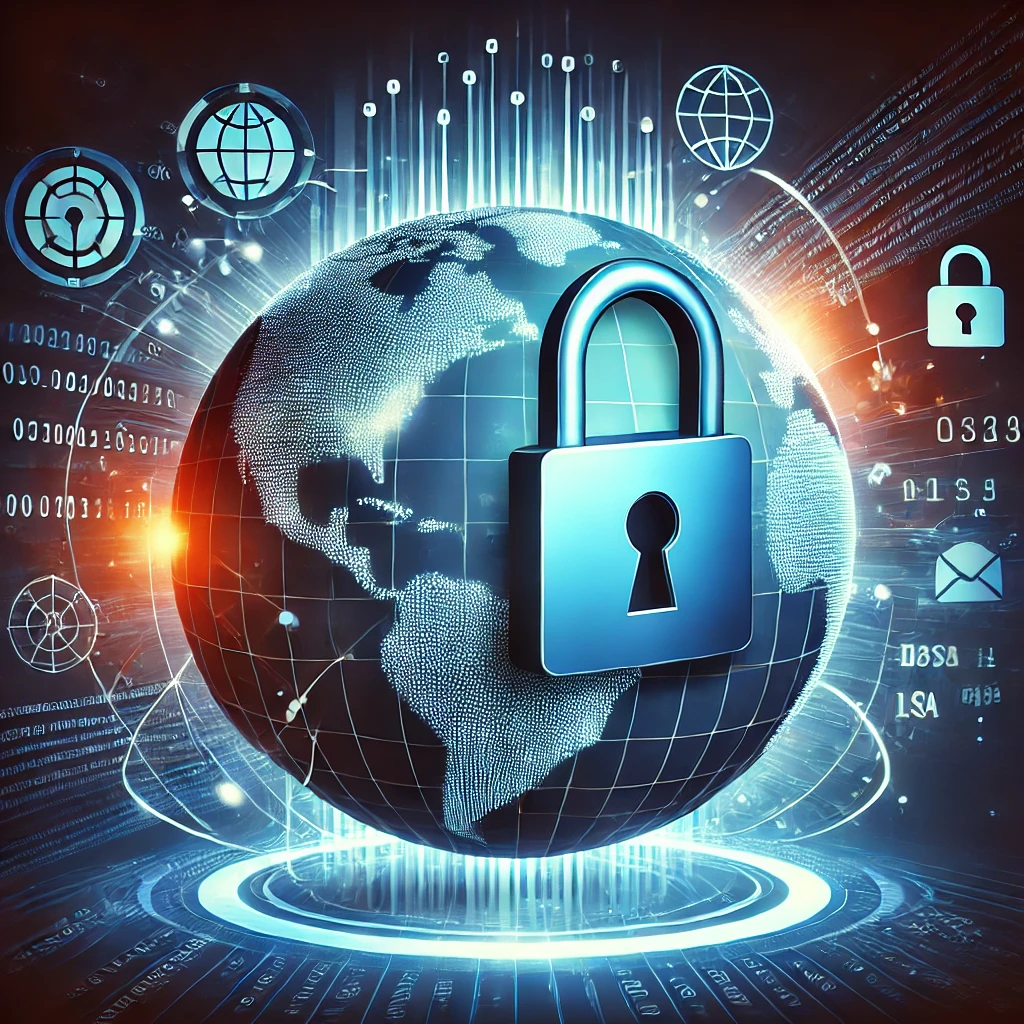
Additional ways to protect yourself online
- Use strong passwords: Complex and unique passwords for each account.
- Two-factor authentication: Adds an additional layer of security to your accounts.
- Antivirus software: Detects and removes malicious programs.
- Software updates: Regularly update your OS and apps to fix vulnerabilities.
Conclusion
Protecting personal data online is a necessity in the modern world. Hiding your IP with VPN is an effective way to ensure your security, maintain privacy, and gain access to information freedom. Choosing and using a VPN service correctly will allow you to use the internet without worrying about being tracked or falling victim to cyberattacks.
Remember that your security depends on your awareness and informed actions.
